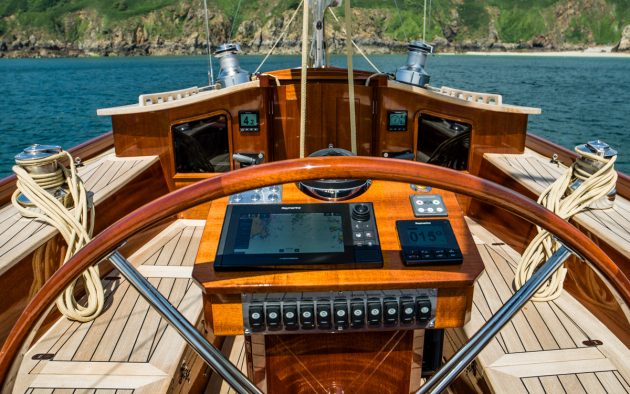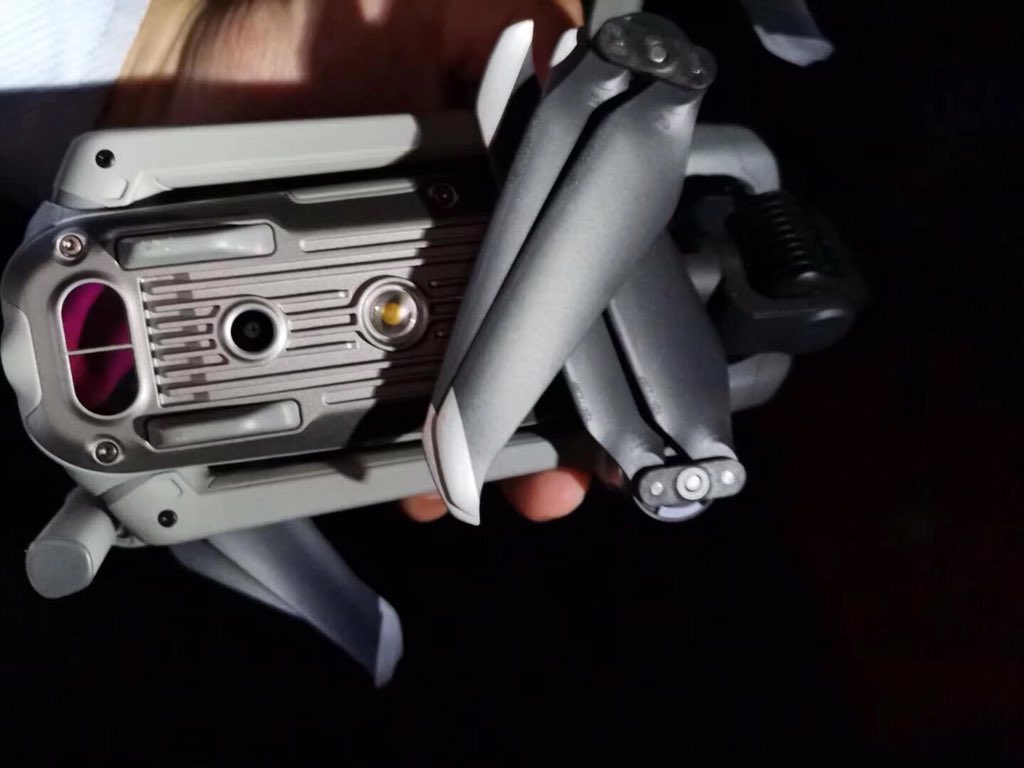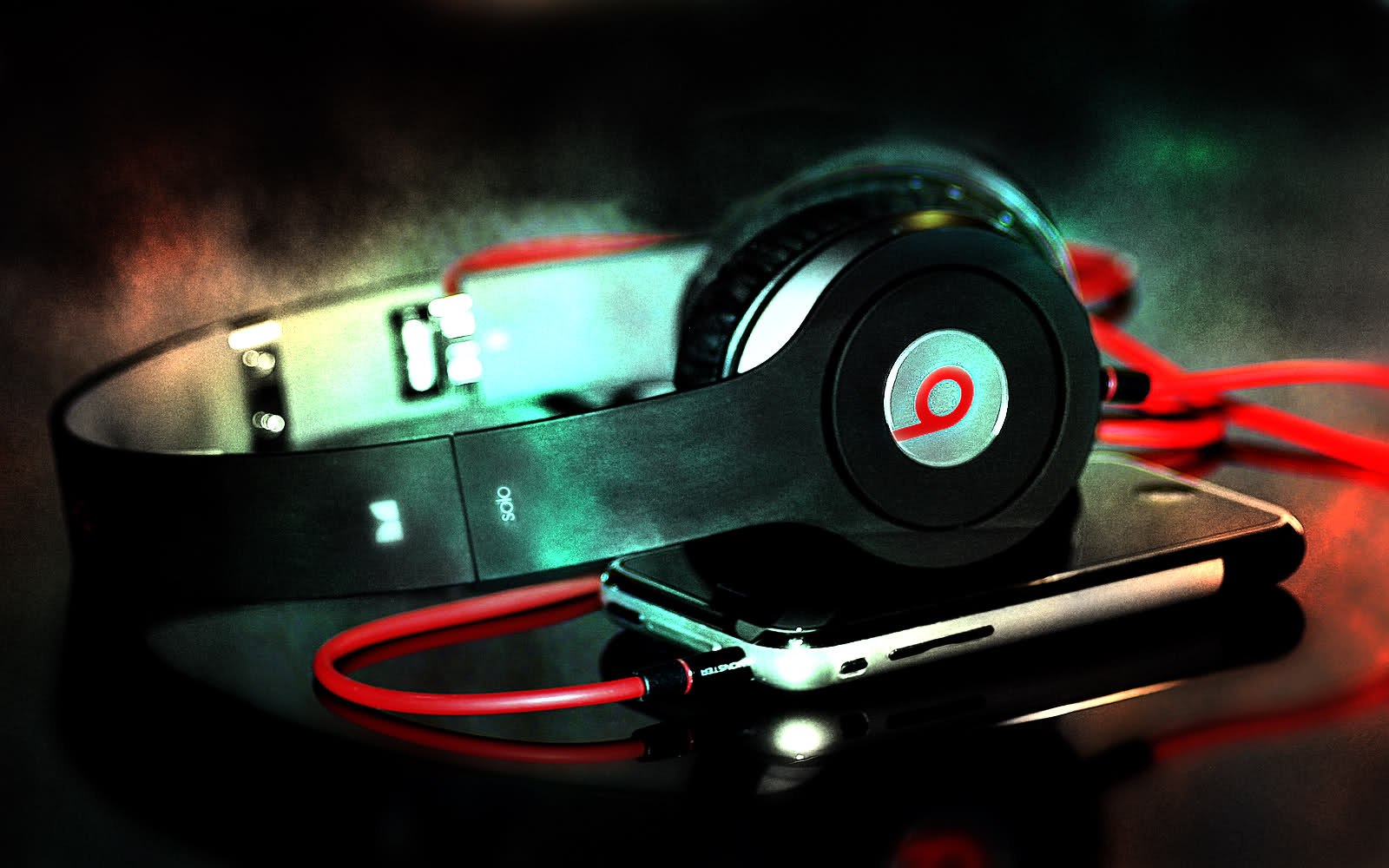
There are many options when choosing the best chartplotter or MFD (Multi Function Display) for your boat, with a seemingly endless number of functions and a significant amount of jargon – we cut through the information overload to help you find the right unit.
Not sure where to start looking for a chartplotter or MFD? The terms ‘chartplotter’ and ‘MFD’ are broadly used interchangeably, but typically an MFD works as a chartplotter but also functions as a whole system hub too, connecting a variety of information sources.
For the most part, MFDs are what you would look to put on most modern cruising yachts and racing yachts. A chartplotter by itself might be something you install if you are very limited in terms of space and/or budget, or have (and intend to remain with) very few other electronics onboard.
Happily in the last decade or so improvements have worked to both make units more user friendly and have seen something of a levelling process across the market, which means you would be hard pushed to pick the wrong unit, though some will inevitably work better for your needs than others.
This is, however, the hub of your yacht, so choose a system that feels intuitive to you and invest as much time as you can familiarizing yourself with its menus and customization options.
Raymarine Axiom 9 MFD
Raymarine’s Axiom MFDs come in three sizes, 7, 9 or 12in screens and feature a touchscreen surrounded by a border and a few basic buttons on the bottom edge of the screen. Beyond the screen size there is practically no difference between the models, so it will simply be a case of selecting the right size for your boat and your budget.
The Axiom series comes with Raymarine’s proprietary Lighthouse 3 operating system. Lighthouse 3 was launched in 2019 and is an impressive bit of kit, and certainly upgrades a great many of the company’s sailing features. Currently Raymarine are in the process of building a library of yachts into Lighthouse 3. This will mean that if your boat is one of those already in the library you will automatically get a set of performance polars (which can take significant time to develop from scratch) which will make auto routing and layline functions even more accurate and boat specific.
In 2019, alongside the launch of Lighthouse 3, Raymarine also unveiled an augmented reality system, which will work on Axiom MFDs – though it will require the purchase and mounting of a FLIR camera. Once mounted and connected, this camera sends its imagery to the MFD and overlays useful information such as AIS targets’ speed, heading and collision warning data, course to steer visuals and lay lines to name a few. A smartphone or tablet can also be connected as a second screen.
Raymarine’s Axiom MFDs are compatible with their own proprietary Lighthouse charts and Navionics, C-MAP Essentials, and C-MAP 4D MAX+.
Best Chartplotter for club racing
B&G Vulcan MFD
B&G were, for many years, the go-to brand for serious racing sailing and have long led the field in terms of the best chartplotters and MFDs for sailing. However, the high end nature of their products has meant they were once also considered something of an expensive option.
B&G’s Vulcan range offers a great deal of impressive functionality at great value. This sailing chartplotter was designed primarily for coastal cruising and club/inshore racing, so it does lack some of the very top-end racing features you might find in B&G’s other products.
The multi-touch screen comes in three sizes (7, 9, or 12in) and is still packed with plenty of B&G’s unique sailing features including their impressive SailSteer and RacePanel – particularly well loved for providing an easy to follow, simple racing display on an MFD.
B&G’s Vulcan MFD supports the following charts: Insight, Navionics (Gold, NAV+ Platinum+), C-MAP (MAX N, MAX N+) NV Digital (Raster US Charts).
Best Chartplotter for professional sailors
B&G Zeus3S
The Zeus is B&Gs higher-end model and features several of the racing and more professional features that the Vulcan skips. The key differences here over the Vulcan are improved processing power – an iMX8 integrated six-core processor – which improves response of the unit. It also includes compatibility with FLIR video cameras too.
The screen for the Zeus3S is a market leader in terms of visibility in light and dark conditions – with or without polarised sunglasses – and control of the touch screen in wet conditions.
The MFD can also be connected and screen shared with other devices, such as a smartphone of tablet, providing you a secondary way of accessing your charting information and/or sailing feedback. Finally, although there is the excellent touchscreen the Zeus3S also features a keyboard in case of severe conditions, which is not included with the Vulcan.
The Zeus3S comes with world baseman charting installed and also supports: Insight, Navionics (Gold, NAV+ Platinum+) , C-MAP (MAX N, MAX N+,Reveal) NV Digital (Raster US Charts).
Best Chartplotter for sailing and fishing
Garmin GPSMap 8400 MFD
Garmin are a well-known and trusted marque, their products are generally very impressive and cover a wide range of options. However, they have been quite focussed on the fishing market in the past, somewhat to the detriment of their sailing customers and features.
In recent years, though, there has been a clear push to better develop their sailing specific software and this, coupled with the connectivity to the many other available Garmin items on the market, has made them a force to be reckoned with. The GPSMap 8400 range is very much their top-of-the-line marine tech. The units come on a variety of sizes from 10in all the way up to a massive 24in display.
Garmin SailAssist provides critical data displays and pre-race guidance to help you gain a competitive edge. Other sailing features include laylines, enhanced wind rose, heading and course-over-ground lines, true wind data fields and tide/current/time slider.
Gauge displays provide information at a glance, including true and apparent wind angle, set and drift, true or apparent wind speed, horizontal or vertical graphs and a data bar with customisable fields. Connectivity with other devices is excellent with the activeCaptain app allowing connection with smartphones and tables as well as connection to Garmin Quatix sailing watches and FLIR cameras.
The GPSMap8400 can be supplied with Garmin’s exclusive optional BlueChart g3 and BlueChart g3 Vision charts with integrated Navionics data.
Best Compact Chartplotter
The Simrad XSR range is a, full-featured standalone marine chartplotter packed into a compact, unit. Both the GO5 and GO7 XSR feature a bright touch display, StructureScan HD and CHIRP Sonar, autopilot integration/control, integrated wireless connectivity and the new Simrad TripIntelT trip computer.
The XSE display has multi-touch controls that are modelled to be similar to smartphone and tablet control systems and so will be easy to use for most. Boaters are able to tap the screen to create or select waypoints, pinch-to-zoom, or tap-and-drag to pan smoothly across charts, while simple home screen and menu layouts allow quick access to all functions.
Adjustable split-screen views and customisable panel layouts with large, clearly captioned icons that are easy to recognise, make the XSR a simple-to-use, full-featured chartplotter.
Simrad’s Go7 XSR comes with preloaded Basemap and supports the use of C-Map Pro.
A great value chartplotter alternative
Navionics Software on tablet
Add sonar data and community edits
If you are not looking to permanently fit an MFD to your boat, either due to size or lack of places to fit one, a decent option is simply to run Navionics on either a ruggedised tablet, or on a standard tablet with a waterproof casing.
As this involves using hardware not designed for that purpose, there are some things to consider and some obvious drawbacks. You either have to buy a ‘WiFi and Cellular’ version which has an onboard GPS chip (you do not have to insert a SIM card nor do you need a data plan for the GPS functionality). If you go for the WiFi only you will need an external GPS device to plug in to an iPad.
Additionally, the screens are not designed to be used in wet environments and often have not been created to deal with the same sort of glare levels as are the screens on a full-on MFD.
However, the cost of a year’s subscription to Navionics – the charts which many MFDs use anyway – a new tablet, case and mount can be pretty close to that of one of the best chartplotters, and would also mean you have a shiny new tablet which has plenty of other uses.
If you have a smaller boat and merely want a chartplotter to supplement your standard paper-chart navigation, this is a pretty good option.
What features do the best chartplotters offer?
Screen technology is one area that has seen significant development in recent years. Screens are now screens brighter, easer to see at angles, less troubled by glare and touchscreens are much more responsive when wet too. This has all made touchscreen MFDs much more reliably responsive.
The bonus here is that a pure touchscreen will offer increased screen real estate for its mounting size. Simply put, a 7in touchscreen will always offer more screen space than a 7in unit which includes buttons round the outside. But buttons may be something you want as a backup if you are considering going far offshore.
Most of the chartplotters we cover here will be available in a variety of screen sizes. Typically you’d want to pick up the biggest screen you have space for, so which size option you choose will likely be governed almost entirely by the size of your boat, as well as cost – bigger is pricier.
Most of the best chartplotters will connect via NMEA to other onboard electronics such as wind speed and direction, boat speed, autopilot, AIS and much more. This will enable sailing features such as laylines, accurate routing and auto routing to be available.













